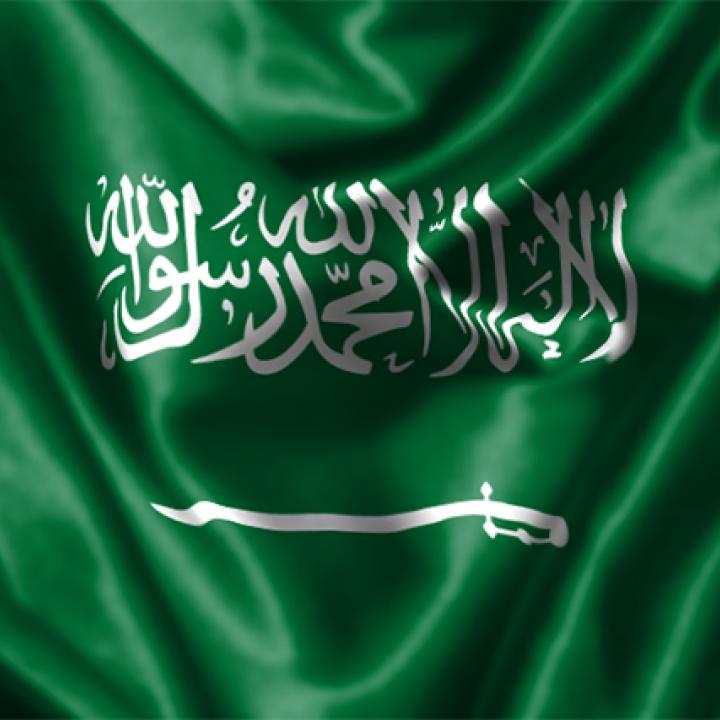

Speculation that the execution of a minor prince means greater accountability in Saudi Arabia is almost certainly misplaced.
On October 18, the Saudi Interior Ministry released a brief statement noting that Prince Turki bin Saud bin Turki bin Saud al-Kabir had been executed for shooting a man to death during a quarrel. The victim's name was Adel bin Sulaiman bin Abdulkarim al-Mihaimeed, suggesting he was not a royal. No date was given for the crime, but other reports say it happened in December 2012 at a campsite outside Riyadh, and that a court handed down the death sentence in November 2014. No reason has been given for the delay in justice, though there may have been efforts to get the sentence commuted through payment of "blood money" to the victim's family.
The prince's family name of "Saud al-Kabir" indicates that he came from a lesser "cadet" branch of the House of Saud, meaning he was entitled only to the honorific "His Highness" rather than "His Royal Highness" -- the latter prefix is used by direct descendants of Abdulrahman, the father of King Abdulaziz, aka Ibn Saud, who founded the kingdom in 1932 and fathered the current monarch, King Salman. More than a hundred years ago, Sheikh Abdulaziz bin Saud al-Kabir (son of Abdulrahman's elder brother) contested his cousin Abdulaziz's right to be ruler, a feud that persisted until Ibn Saud arranged for his sister Noura to marry into the rival clan. The Kabirs have since been regarded as influential but are kept away from positions of power.
No information has yet emerged about the method of execution. Although beheading by sword is the most common practice, the kingdom also conducts hangings and shootings. More than 130 people have been executed so far this year, in some cases publicly. There is also a "crucifixion" option -- in Saudi terms, cutting off a hand and a foot on opposite sides of the body and displaying the corpse in public. Given the kingdom's current efforts to encourage foreign investment and modernize its economy via the ambitious "Vision 2030" development program, Prince Turki probably met his end behind closed doors.
This is not the first time that a Saudi prince has been accused of murder or executed. Most famously, Prince Faisal bin Musaid bin Abdulaziz was publicly beheaded in 1975 after assassinating his uncle, King Faisal. In 1951, Prince Mishari, a half-brother of King Salman, shot dead the British vice-counsel in Jeddah during an argument about the supply of alcohol. Mishari was spared execution after the vice-counsel's widow accepted a large sum of money in compensation. Even a princess has been executed -- in 1977, Princess Mishaal was shot six times in the head after being discovered having an affair. Her lover, a nonroyal, lost his head. (Riyadh had a major diplomatic row with London after British television aired a show about the incident.)
Prince Turki's execution is already being spun as proof that Saudi law does not distinguish between the country's several thousand royal family members and the rest of population. Whether the Saudi public, the world's most prolific users of social media, will accept this argument is questionable, since many seem to think the royal family remains above the law. For example, a widely believed anecdote continues to dog thirty-one-year-old Deputy Crown Prince Muhammad bin Salman, the king's favorite son and architect of the Vision 2030 project -- namely, that he threatened a notary with a bullet some years ago because the man refused to sign off on one of his business deals. More important, ordinary Saudis are still dealing with the consequences of lower oil prices, including reduced subsidies on utilities and gasoline, higher prices in the shops, and a freeze on wages. As a result of such struggles, many real and potential tensions are at play in the Saudi social structure, and no royal murder case, however unusual, will dissipate them anytime soon.
Simon Henderson, the Baker Fellow and director of the Gulf and Energy Policy Program at The Washington Institute, is the author of After King Abdullah: Succession in Saudi Arabia (2009).



